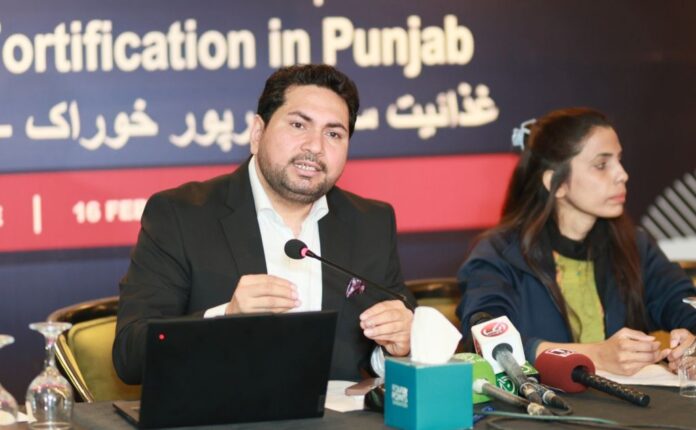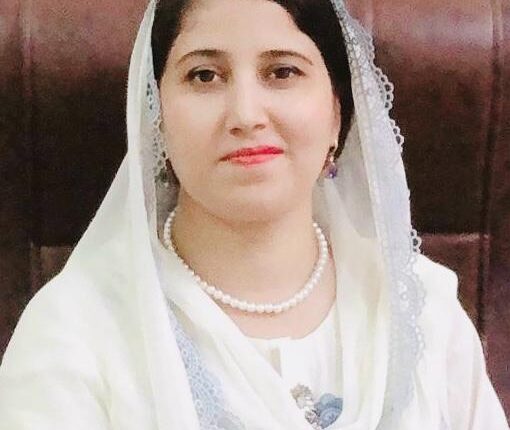Social inequality is a concept where people from different classes are afforded unequal economic, social, and political rights and opportunities. This inequality arises from various factors, such as class differences, gender, race, and educational disparities. In Pakistan, social inequality is a prominent issue that affects the social fabric of the country and becomes a major obstacle to progress.
The primary cause of this inequality is the class divide. Differences in people’s lives are evident due to the structure of the country’s economy, education, and political system. The upper class has access to international standards of education, healthcare, and social status, while lower-class individuals are often deprived of even basic necessities. The root causes of this class divide include poverty, lack of education, and limited access to opportunities.
The impact of social inequality is clearly visible in the healthcare sector. Upper-class people have access to advanced medical facilities, while lower classes often struggle to obtain even basic health services. Consequently, the rate of disease is higher among the lower class, while health issues are less prevalent in the upper class. Maternal mortality rates are particularly concerning for lower-class women, who lack access to adequate healthcare services. Due to the high costs of medical treatment, people from poorer classes are often unable to receive proper care, negatively affecting their lives.
Similarly, the reality of class divides is evident in education. Children from the upper class attend top educational institutions, while lower-class children often lack access to even basic education. This class divide creates a significant gap in the quality of education. Upper-class children acquire modern education and skills, while lower-class children are often engaged in labor, which hinders their education. This cycle continues across generations, depriving one class of development opportunities.
The effects of social inequality extend beyond healthcare and education to the national economy. When a large portion of the population lacks basic education and healthcare services, it leads to social instability and becomes an obstacle to economic growth. Due to class divides, the voices of the lower class go unheard, and they are excluded from political processes, which poses a threat to a collective democracy and prevents attention to public issues.
Addressing social inequality requires action from both the government and social organizations. Solutions include improving basic education, enhancing healthcare facilities, and providing economic opportunities. The government should work on strengthening the healthcare system, particularly by offering quality, international-standard healthcare facilities to lower classes. Investment in education, scholarships, and grants for disadvantaged children are essential to promote their education.
Social inequality is a significant barrier to Pakistan’s development. Addressing the impacts of class divides in essential sectors like healthcare and education requires a comprehensive strategy. This responsibility does not rest solely with the government; each of us must understand this issue and strive for its solution. By eradicating social inequality, we can move toward a prosperous and developed Pakistan.







